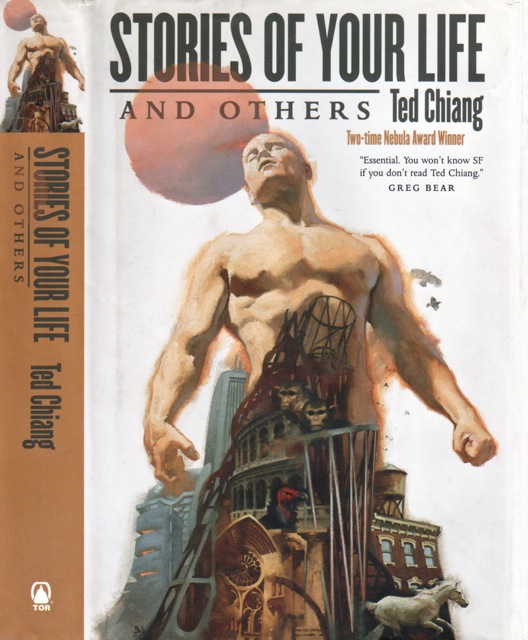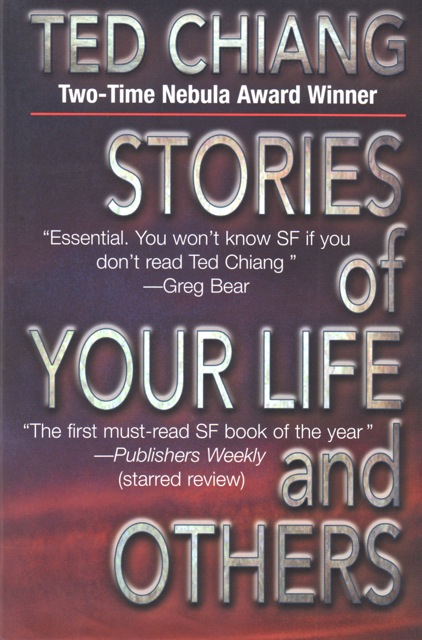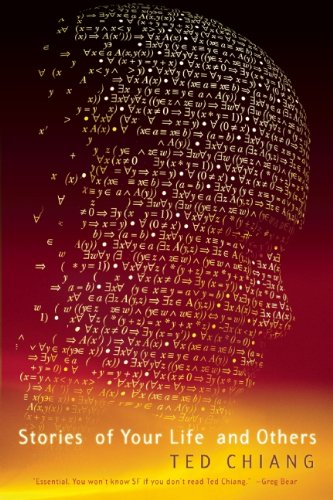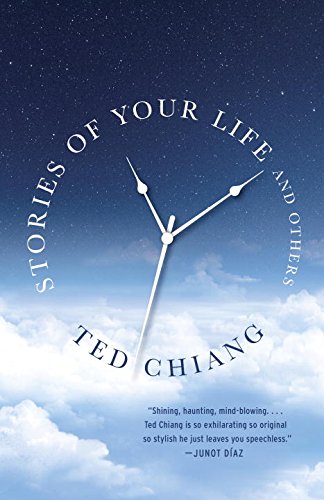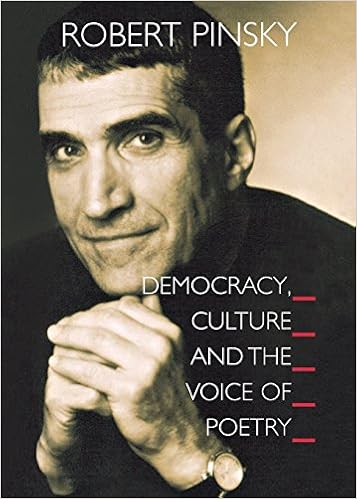Summary:
The Commodore denies message sent, and they do not find any messages sent to Enterprise. They check computer center, but Spock arrives to doctor computer banks.
Captain Kirk shown that that Pike's message was impossible. Kirk forced to consider whether Spock can lie. In theory, as a Vulcan, he's not supposed to be able to lie.
Talos IV is the only planet that, if visited, carries a death penalty. Spock has maneuvered the Enterprise to leave without her captain. Captain and commodore pursue without sufficient fuel to get back to base.
Spock has himself arrested and placed on court martial in order to explain himself. Ship assumes direct route to Talos IV. Any interference would have damaged life-support systems.
Court martial proceedings appear in videos from an unknown source, which turn out to be direct from Talos IV.
Analysis with spoilers:Pike's Enterprise discovers distress signal from SS Columbia. Pike refuses to investigate without evidence of survivors. He confesses to ship doctor that he's tired of giving orders that risks lives.
After receiving a distress signal, the ship goes to discover survivors, quite aged, except for Vina who is quite young and lovely. We discover aliens are watching. The survivors are in excellent health. Vina takes Captain to secret location where, after survivors melt away, he gets abducted. Crew try to open mountain with phasers but fail.
Pike visits a number of illusions through the carrot-and-stick to get him acquiesce to becoming a specimen--not just a specimen, but a breeder for observation and for the aliens to live vicariously since the aliens are so old they have apparently lost many of their former skills and technologies. The only way they can survive is through an Adam-and-Eve program of caretakers on their planet, whose surface the last war wiped out.
Pike refuses to be party to this and he and the Enterprise crew look for ways to free him. Apparently, they have accomplished more than they've imagined, but the illusions prevent their seeing what they've accomplished.
They do escape, but the lone crash survivor, who old, ugly and deformed, wants to remain with the illusions. Pike, who fought so hard to escape the illusions, suddenly understands the desire to stay. In fact, he decides to return. However, he put up a good front of being against Talos IV for quite a while. Meanwhile, the aliens seem dead set on keeping humans off their planet, but they welcome back the man who impressed them that humans were too violent for their planet. Moreover, the story never explains how Spock knew what to do for Pike (the most probable being the Keepers somehow communicated to Spock and he took it upon himself to decide best what Pike's fate should be, which Pike did agree with in the quotes below for his companion).
Those are the flaws, here, but the strengths outweigh the minor deficits. It did win a Hugo. The original pilot is pretty good, but somewhat minor, considering that it ends agreement that for the handicapped, it is better to live with illusions. Since much of the imagery and metaphoric discussions is religious (see quotes below), it might mean to imply that the religious are handicapped and should retain their illusions. The idea, while interesting, is a bit condescending and minor.
The framing episode, however, is genius and raises the original pilot episode to its own level. Spock is seemingly breaking not only his own code, but the code of the Federation, doing something mysterious to risk own life. How rare is it that the frame is at least or even more interesting than the main tale?
The main flaw comes at the end of episode one where the frame keeps stopping the main story, presumably to extend the episode to proper length. Either it should have been cut for aesthetics or found better, or at least less repetitious, justification.
One of the more fascinating aspects--probably a story problem to begin with--was who was telling the tale. The episode asks what was the source of this video. Today, it would have been too patly as surveillance. This wasn't easily resolved, though, creating a fascinating viewer within a viewer within a viewer perspective. We the audience watch what the current Enterprise crew watches, who watch what the Keepers watch, who watch the older Enterprise crew. The frame of viewing makes it quickly apparent who is doing the viewing but it does take a moment of adjustment and it reminds the viewer of all the levels.
An element that makes the telling so dynamic is the constant presence of the older handicapped Captain Pike viewing his own past and younger self with rapt attention. This is highlighted by his willing to see more of his past whenever he's asked if he wants to see more.
The religious tone of the story remain with addition of the frame. It attenuates some aspects while accentuates others. With Pike rejoining his former prisoner mate in their former cell, he effectively states that illusion or religion is preferable to imprisonment within one's handicap.
One unnecessary flaw was Pike's too quick appearance on Talus IV, right after being escorted out of the room. Why bother escorting Pike if they could instantly teleport him out?
Quotes:
- [Captain Pike is shown a vision of burning hell.] Keeper: From a fable you once heard in childhood.
- [Keeper refers to illusion.] Would you say this is worth a man's soul?
- --What's happened to Vina? Isn't she coming with us?
Pike: No, and I agreed with her reasons. [Her reasons are that she is old and deformed in reality, not in illusion.]
Notes:
- In Star Trek III, the inverse is done: Captain Kirk himself steals The Enterprise, putting him at risk to be court marshaled.
- Apparently, the impetus for genius was time (see Wikipedia), necessity being the mother of invention. They were falling behind in the making of the show due to special effects, so they utilized a previous show whose effects were already complete and created the surrounding episode in one week, effectively two shows for the price of one.

